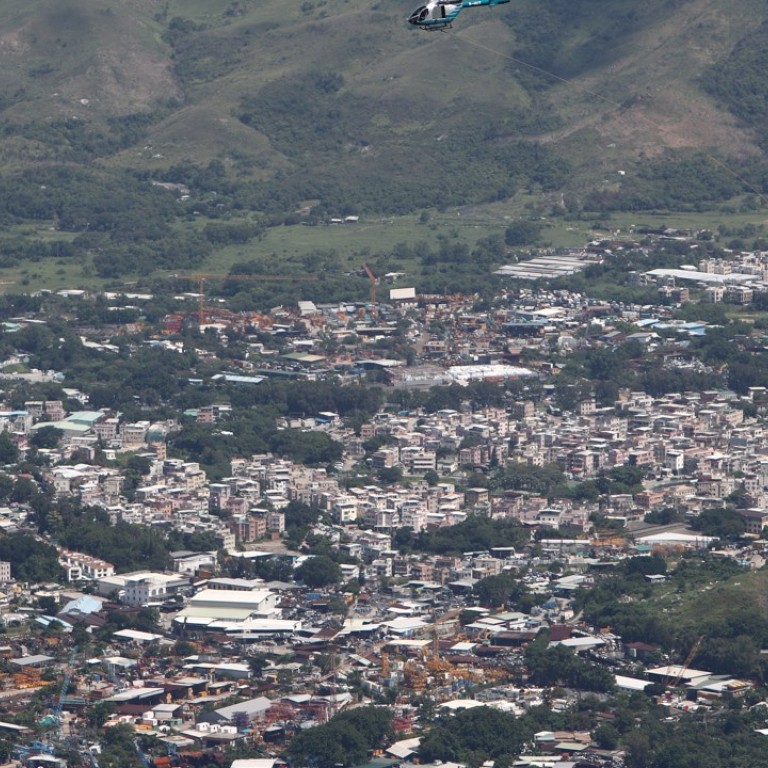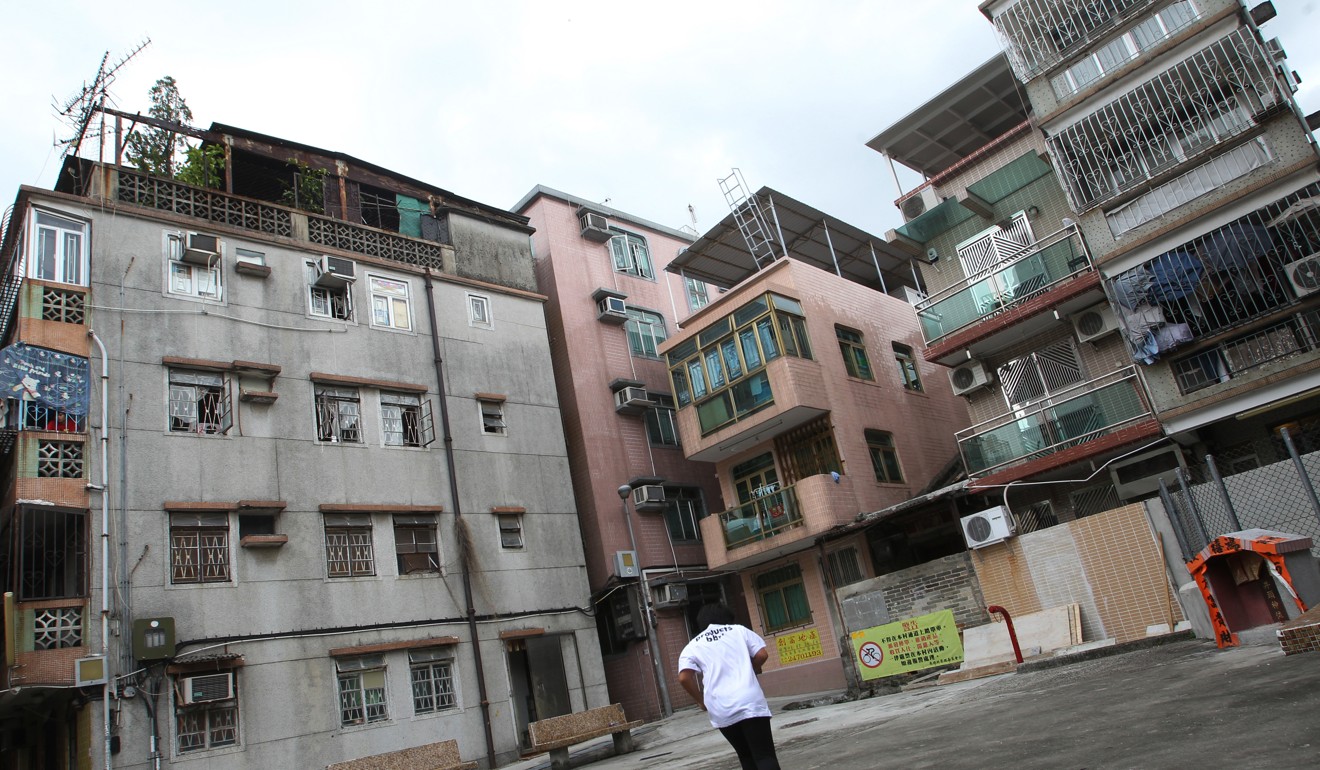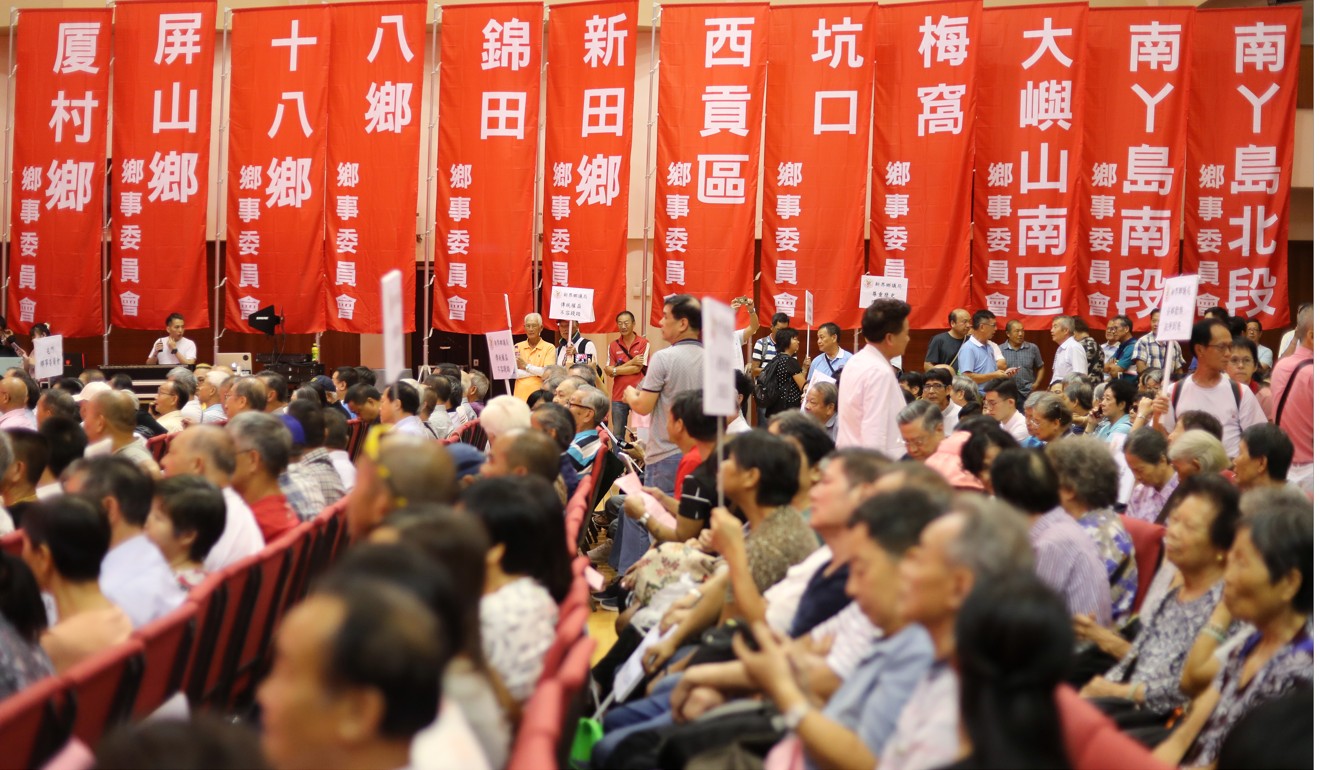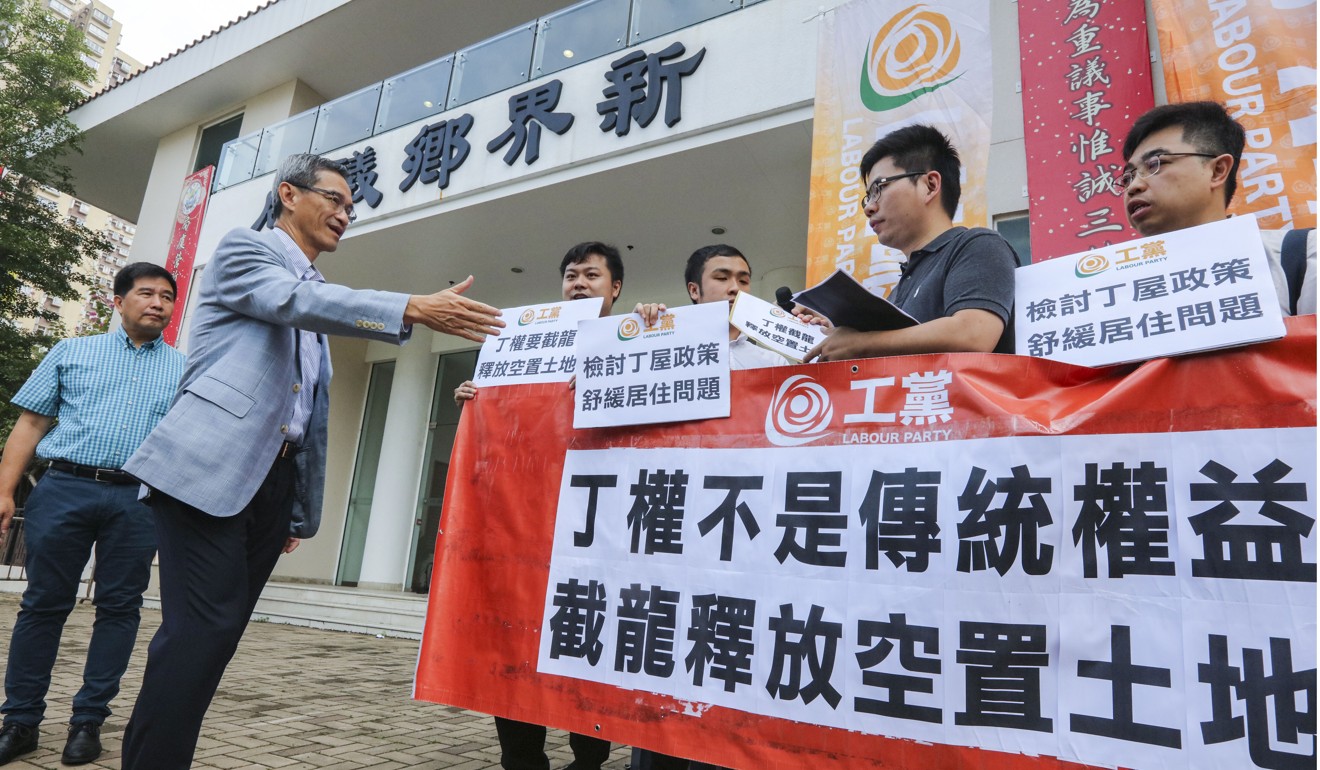
Farmland owners willing to pay full premium for chance to redevelop sites, key member of powerful Hong Kong rural body Heung Yee Kuk says
Kuk executive committee member Tony Chan says all owners should be able to redevelop land through ‘public-private participation’ model, not just big firms
A key member of a powerful rural body in Hong Kong has said villagers are willing to pay full land premiums if they are allowed to develop their agricultural sites, adding half could be designated for public housing.
Tony Chan Tung-ngok, an executive committee member of the Heung Yee Kuk, which looks after the interests of indigenous New Territories residents, said all owners should be able to redevelop their land through a “public-private participation” model and not just big developers.
“The most readily available land to be redeveloped is held by the developers. My own view is that it should not be only confined to the developers, it should be applicable to any landowner … who holds land of more than 4,000 square metres,” Chan said at a public forum hosted by the University of Hong Kong on ways to develop vast plots of empty land.

As part of the landowners’ “obligation”, they would “pay the full premium for the cost of development” minus infrastructure and public housing costs, Chan said. As part of the concept, 50 per cent of the land would be handed over to the government for housing.
First-ever private auction of farmland could fetch US$50 million
The five-month consultation, which started in April, gauges views on the preferred ways to boost land supply to plug a shortage of 1,200 hectares (3,000 acres) as the city confronts housing and economic demands for the next 30 years.
Critics have accused the government of bowing to developers’ interests by touting public-private partnerships instead of thinking about invoking the Lands Resumption Ordinance, which authorises the chief executive and Executive Council to take back any site required for public purposes.
Separately, at another housing forum on Saturday, task force chairman Stanley Wong Yuen-fai stressed the committee had no stance on any of the 18 options.

Why Hong Kong’s land supply debate is proving to be a farce
Reorganising land in the northern New Territories was the subject of the HKU-hosted public forum exploring how to develop empty land.
With rural landowners poised to profit from any redevelopment plan, Chan was unequivocal.
“We must restart the new town programme by reclamation and requisition of land from the owners,” Chan said.

The discussion featured an all-male panel including academics and representatives from the kuk, which may hold the key to many of the land shortage issues.
The Ronald Coase Centre for Property Rights Research at HKU advocates land exchange between private landowners and the government in the form of “land readjustment” and “land bonds”, an internationally used method for developing idle and redundant sites.
We need to get creative to fix Hong Kong’s housing crisis
This option is favoured as it allows the authorities to quickly reorganise large plots of land in areas which can be tapped for significant development. But it is reliant on landowners voluntarily contributing land to the government to make the best use of the land – in return, private landowners would receive development rights in the reorganised area.
Additional reporting by Naomi Ng


